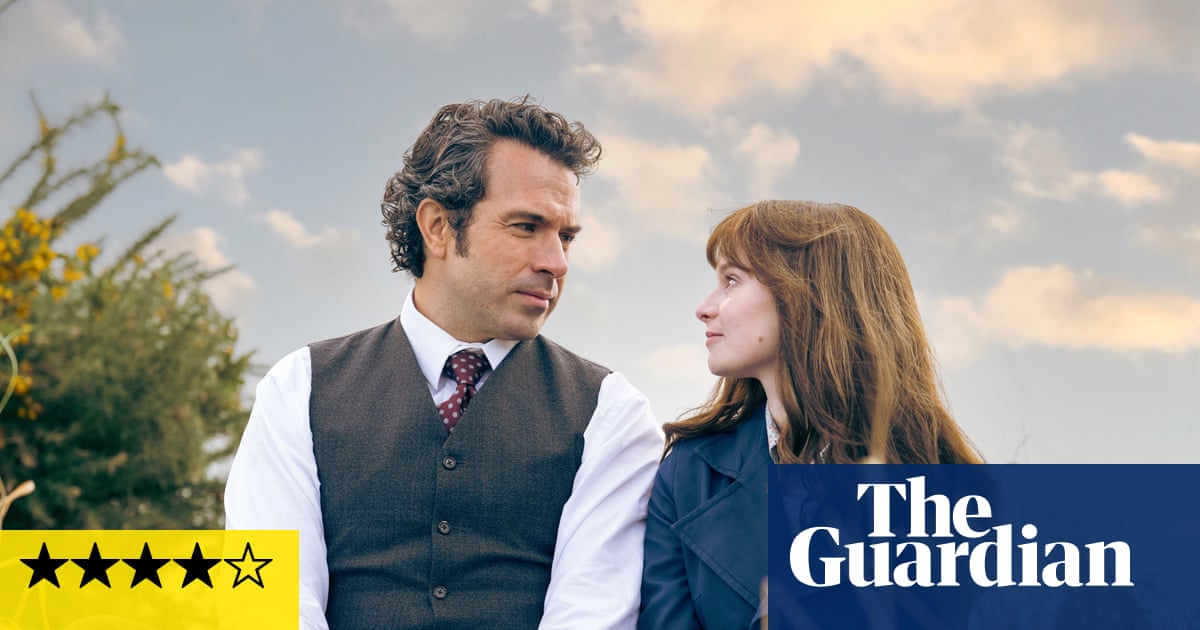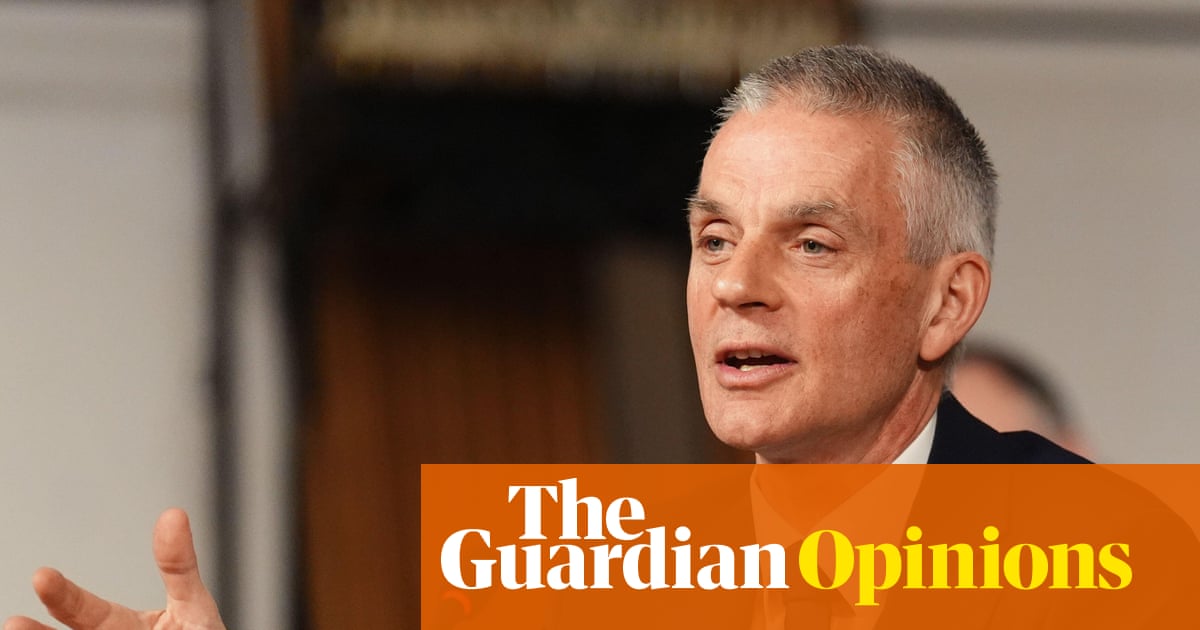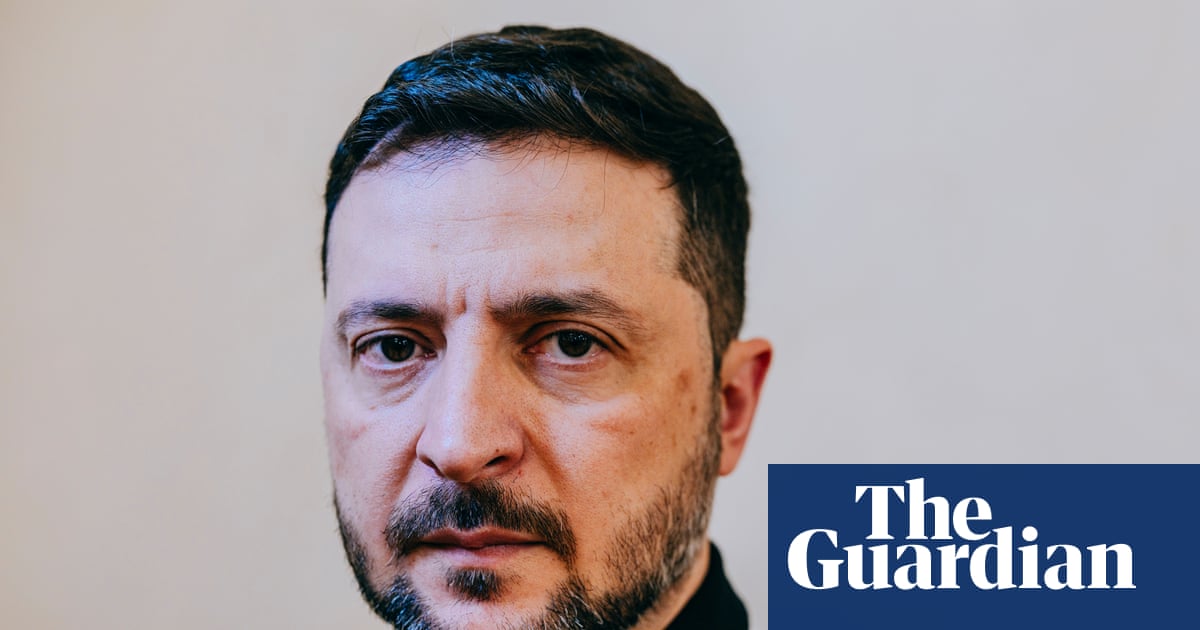For years now, horror fans and critics have grown increasingly and understandably impatient with the tendency of genre films to orient their scares toward a clearly conveyed central metaphor.
The real monster in these movies is parenthood, personal trauma or that old horror-movie standby, grief. Writer-director Zach Cregger is no stranger to this line of thinking; his 2022 horror movie Barbarian is very much a spooky-creature-in-the-basement movie for the #MeToo era. Now Cregger has returned with a movie that may well stymie anyone who has been trained by the last decade to search for an easy-to-track allegory within their viscerally depicted fears. His new movie Weapons has received mostly rave reviews and positive audience response. But at least a few critics and fans are pivoting from complaining about obvious metaphors to ask … is that all there is? Is Weapons actually about anything? (To further delve into this question, of course, we’ll need to go full spoiler mode, so if you want to see the movie and haven’t yet, turn back now.)
The movie certainly alludes to plenty of hot-button issues. It springs from a chilling premise: one night in a small town, 17 children from the same third-grade class wake up at 2.17am, leave their houses, and disappear into the night. Parents are understandably distraught, and in looking for someone to blame seem to land on the students’ teacher Justine (Julia Garner), who is as puzzled and disturbed about this as anyone else. When Archer (Josh Brolin) angrily demands to know what was “going on” in his missing son’s classroom, convinced that Justine must have played some role in this tragedy, there are unmistakable echoes of social panics in an era where parents feel empowered to dictate what their children learn about at school. The fact that the movie’s school shutters, then must reopen before the disappearance is solved or its pain is at all healed recalls Covid-era school closures. And when Archer has a dream where he sees a giant AR-15 materialize in the sky above the town, it seems like an obvious reference to school shootings that have devastated so many classrooms over the past quarter-century.
Or is it? Cregger actually says no. I co-host a horror podcast, and in our interview with the film-maker, he unequivocally said he was not thinking of school shootings when he wrote the movie. For him, that’s not at all what it’s about. (Though he did stress that he welcomes people’s interpretations, and in fact wanted to make something with that kind of flexibility.) He wouldn’t say precisely how he personally interprets the story, but he has mentioned repeatedly that it was something he started writing out of – hey! – grief, even if the movie itself may be more ambiguous as to its thematic aims.
This leaves Weapons open to the charge that it’s not about much of anything – that it’s all great hook and solid technique in service of a thrill ride where some stray inspiration from Paul Thomas Anderson’s Magnolia is more superficial homage than thematic link. The real question, though, is how bad of an offense this is supposed to be. Plenty of great horror movies are principally concerned with the visceral experience of watching them in the dark, rather than the talking points or takeaways they might hand over to the viewer in broad daylight. Subtext shouldn’t have to be plainly visible at first glance.
Indeed, some of the skepticism over Weapons seems to stem from the fact that it turns out to be … a horror movie. The children in the movie are enchanted by a witch. The movie doesn’t say whether she’s always been a witch, or has turned to witchcraft in the face of a debilitating illness. But that’s why she takes control of these children, and various other adults at her convenience: to sap their life force, attempt to heal herself, and, in the meantime, use her control to make her victims do her bidding. So yeah, pretty witchy stuff, and her comeuppance has the gory satisfaction of a Brothers Grimm story fed through a powerful amplifier.

That wild, almost fanciful ending may strike some as reductive, especially when its first half plays more like a dark mystery like David Fincher’s Zodiac, or at least Seven. But is the spectacle of brainwashed children being turned against their older captor and ravenously destroying her so devoid of opportunities for interpretation? It’s not even that Weapons is demanding a lot of work from the audience – and that might be exactly what rankles some about it. Most of what happens in the movie is unambiguously explained; it’s the meaning that’s left up to the audience, and maybe some sense an incongruity between those two approaches. That’s a fair-enough critique, as is a thoughtful consideration that concludes none of the movie’s interpretations hold up to much scrutiny. But it’s hard to fault Cregger for making a horror movie that is more concerned with its own scary, twisty immediacy than its optics as a social critique.
At the same time, maybe the discourse over the meaning of Weapons suggests that the eye-rolling about “metaphorror” has been overblown, too. Countless horror classics could very much be described as driven by metaphor. Some are murkier or more interpretative than others, but having a central idea and conveying it clearly isn’t a marker of hackdom. It’s just something that some hacky movies have done, often directly imitating very good ones. Think of Get Out, which may have been thornier than it was given credit for, but still has a trackable central conceit that’s not exactly obtuse; then think of heavy-handed Get Out knockoffs like Antebellum and Blink Twice with too much visible effort and too little inspiration.
Jordan Peele himself followed a path not unlike Cregger’s when following up Get Out; his movies Us and Nope are immediately engaging visceral experiences with more allusions and evocations than clear signaling of a central metaphor. They may be more successful in that realm than Weapons, but then, that’s true of most movies when compared with Peele’s output. It’s the prescriptiveness – give us a meaning, or kill all metaphors – that goes against the nature of horror in general. The combination of the concrete and slippery is what makes horror such a compelling field; there may not be a genre better suited to blurring the lines between reality and a heightened dream state. There’s no single correct way to have a nightmare.

 2 months ago
77
2 months ago
77

















































